
Observing the colour of your stool can provide important insights into your digestive health. While it might not be the most common topic of conversation, paying attention to changes in stool colour can help identify potential dietary influences, digestive issues, or even underlying medical conditions. A normal, healthy stool is typically brown, but variations in colour can occur due to food, medications, or health concerns.
In this guide, we’ll explore what different stool colours mean, what is considered normal consistency, and when changes may warrant a visit to a healthcare professional.
What Colour Should Stool Be?
The colour of healthy stool is generally medium to dark brown. This shade results from bile, a fluid produced by the liver that helps digest fats. When bile breaks down in the intestines, it gives stool its characteristic brown colour.
However, stool colour can vary due to factors such as diet, hydration, and medications. Understanding these variations can help distinguish between harmless changes and those that may indicate a potential health issue.
The Spectrum of Normal Stool Colours
A variety of stool colours can still fall within the range of normal, depending on diet and other lifestyle factors:
- Light to dark brown – The ideal colour, indicating a healthy balance of bile and digestive function.
- Green – Often a result of consuming leafy greens, green food colourings, or rapid digestion.
- Yellowish-brown – Can occur after eating high-fat foods but should be monitored for changes in consistency.
- Dark brown – Generally normal, but could be influenced by diet or medications such as iron supplements.
If stool colour changes are persistent or accompanied by other symptoms, it may indicate an underlying issue that requires medical attention.
What Does the Colour of Stool Indicate?
Different stool colours can be linked to specific dietary factors or potential health concerns. While some changes are temporary and harmless, others might signal an issue with digestion, bile production, or even bleeding in the gastrointestinal tract.
Why Are My Stools Green in Colour?
Green stools are usually not a cause for concern and often result from:
- Eating large amounts of leafy greens such as spinach or kale.
- Consuming artificial food colourings found in candies, drinks, or processed foods.
- Rapid digestion, where bile doesn’t have enough time to break down completely.
- Certain medications or supplements, including iron or antibiotics.
However, if green stools persist without an obvious dietary cause, it may indicate an issue with digestion or bile absorption.
What Causes Yellow Stools?
Yellow stools can sometimes be normal, but they may also be linked to:
- High fat content in the diet, leading to oily, foul-smelling stools.
- Malabsorption issues, such as celiac disease, which affects how nutrients are absorbed in the intestines.
- Pancreatic disorders, where enzymes needed for digestion are not adequately produced.
If yellow stools are persistent or accompanied by bloating, weight loss, or diarrhoea, a medical evaluation is recommended.
Understanding Black Stools
Black stools can be alarming, but they are not always a cause for concern. Potential causes include:
- Iron supplements or certain medications like Pepto-Bismol.
- Foods such as black liquorice, blueberries, or dark chocolate.
- Bleeding in the upper gastrointestinal tract, which can result from ulcers or other conditions.
If black stools appear tar-like and are not linked to diet or medication, seek medical advice to rule out internal bleeding.
The Significance of Red Stools
Bright red stools can have dietary or medical causes, including:
- Eating red foods, such as beets, tomatoes, or artificially coloured snacks.
- Hemorrhoids or anal fissures, which can cause small amounts of blood in stool.
- Lower gastrointestinal bleeding, possibly from diverticulitis or inflammatory bowel disease.
If red stools appear without a dietary explanation, immediate medical attention is advised.
Causes of Pale or Clay-Coloured Stools
Pale or clay-coloured stools may indicate a lack of bile, which can be linked to:
- Bile duct obstructions, such as gallstones.
- Liver diseases, including hepatitis or cirrhosis.
- Certain medications affecting bile production.
If this colour persists, consult a doctor to check liver and gallbladder function.
When Stools Are Maroon
Maroon-coloured stools may suggest bleeding from the mid to lower intestines. Causes can include:
- Diverticular disease or Crohn’s disease.
- Intestinal bleeding, potentially from ulcers or polyps.
Because maroon stools can indicate significant bleeding, seek medical evaluation promptly.
Understanding Stool Consistency
Beyond colour, stool consistency is another important indicator of digestive health. What is a normal stool consistency? Ideally, a normal stool is:
- Soft, well-formed, and easy to pass.
- Neither too hard nor too loose.
- Shaped like a sausage, as seen in the Bristol Stool Scale types 3 and 4.
Deviations from this consistency may indicate dehydration, dietary issues, or underlying health concerns.
What Causes Changes in Stool Consistency?
Several factors influence stool consistency, including:
- Diet – Low-fibre foods can cause hard stools, while excessive fibre may lead to loose stools.
- Hydration levels – Insufficient water intake can result in constipation.
- Gut bacteria balance – Disruptions in gut flora, often from antibiotics, can alter stool texture.
- Medical conditions – IBS, food intolerances, and infections can all impact consistency.
How to Improve Stool Consistency
If your stool is too hard, too loose, or irregular, you can take steps to improve it:
- Increase fibre intake – Eat more fruits, vegetables, whole grains, and legumes.
- Stay hydrated – Drink plenty of water to keep stools soft and easy to pass.
- Exercise regularly – Physical activity helps stimulate digestion.
- Avoid processed foods – Excess sugar and fat can lead to inconsistent bowel movements.
Making these changes can promote regular, healthy stools and improve overall digestive health.
When to Consult a Healthcare Professional
While occasional stool changes are normal, seek medical advice if you experience:
- Persistent changes in stool colour or consistency.
- Blood in stool (red, black, or maroon stools without a dietary cause).
- Unexplained weight loss, severe bloating, or abdominal pain.
- Chronic diarrhoea or constipation lasting more than a few weeks.
Early evaluation can help detect and address potential digestive health issues before they become serious.
Listening to What Your Body Tells You
Your stool can reveal a lot about your health, and paying attention to changes in colour and consistency is a proactive step in maintaining digestive wellness. By making healthy dietary choices, staying hydrated, and recognising warning signs, you can ensure better gut health and overall well-being.
If you’re experiencing persistent concerns, don’t hesitate to book an appointment with a healthcare professional for personalised advice and treatment.
Want more information?
Call (03) 5611 3365 to speak to a friendly patient concierge
or book an appointment here
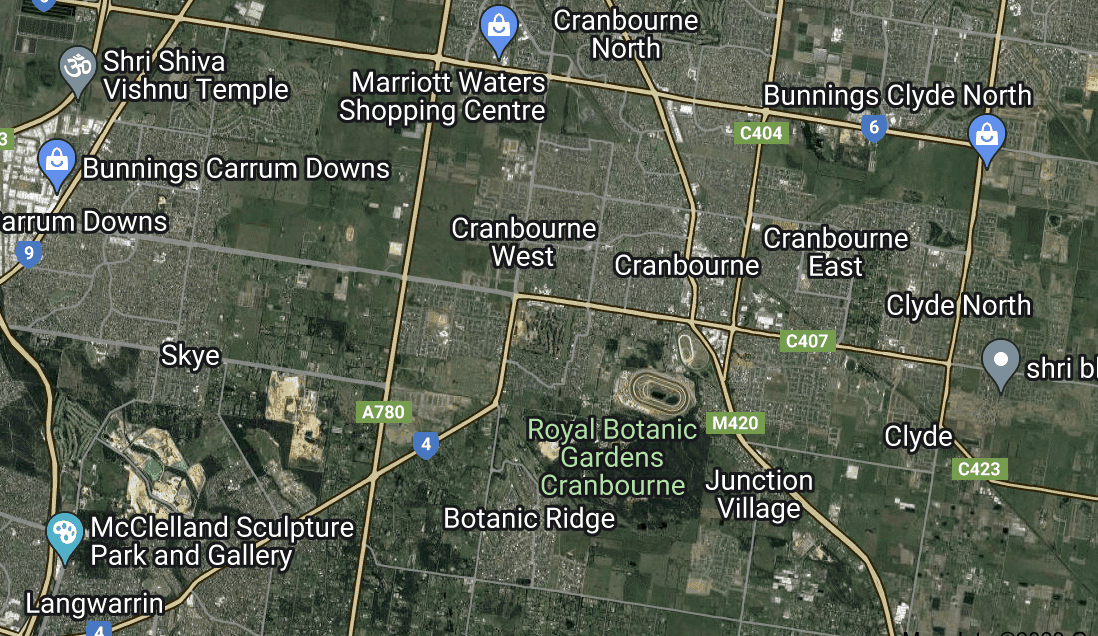

 2. Dental Health
2. Dental Health 5. Diabetes
5. Diabetes 4. Heart Health
4. Heart Health You should also speak with your doctor about immunisations in particular:
You should also speak with your doctor about immunisations in particular: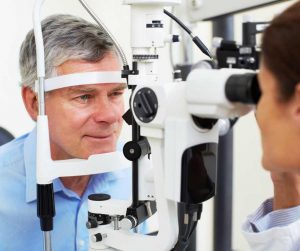 Please follow the links for more information about
Please follow the links for more information about
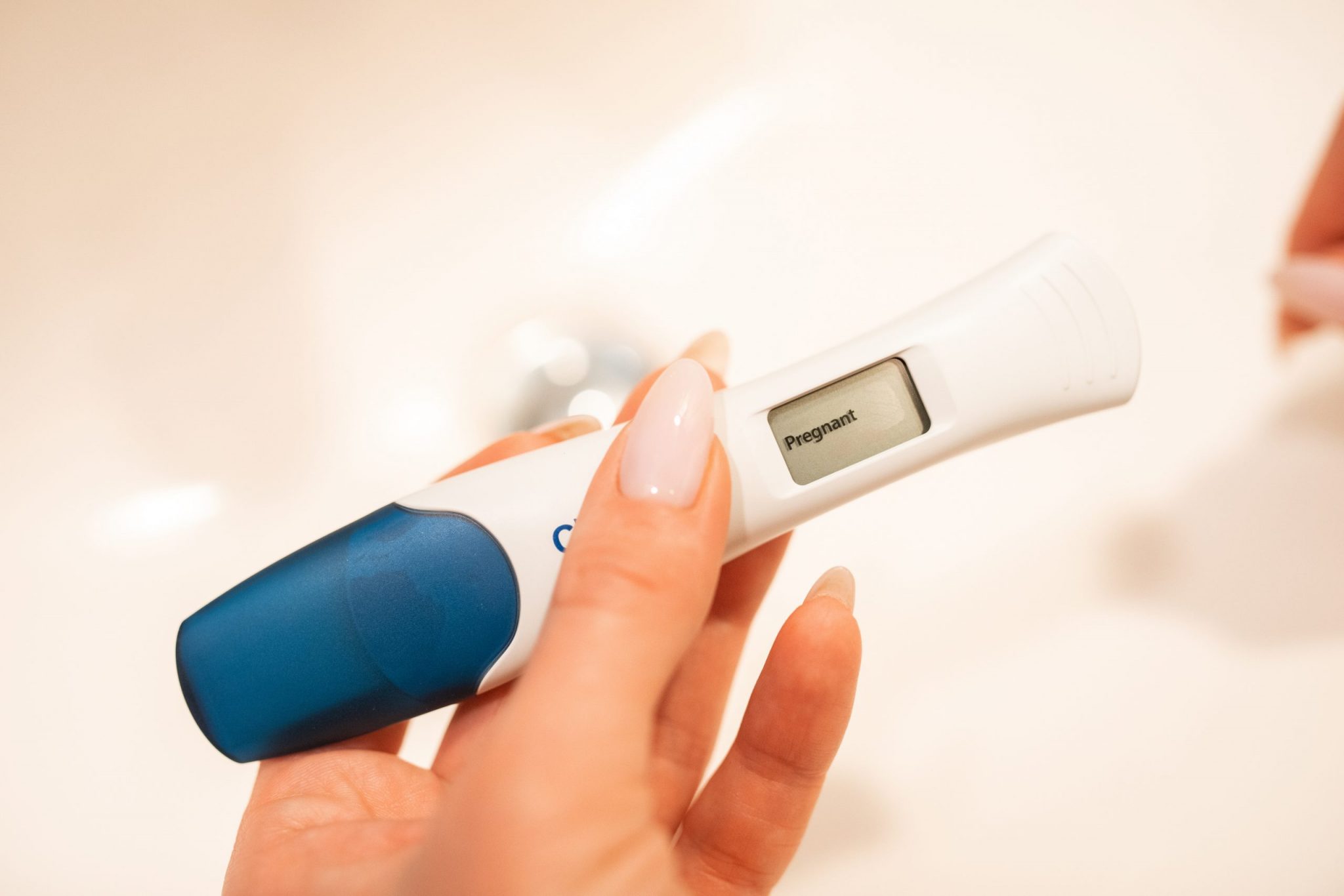 Top 10 pre-pregnancy questions
Top 10 pre-pregnancy questions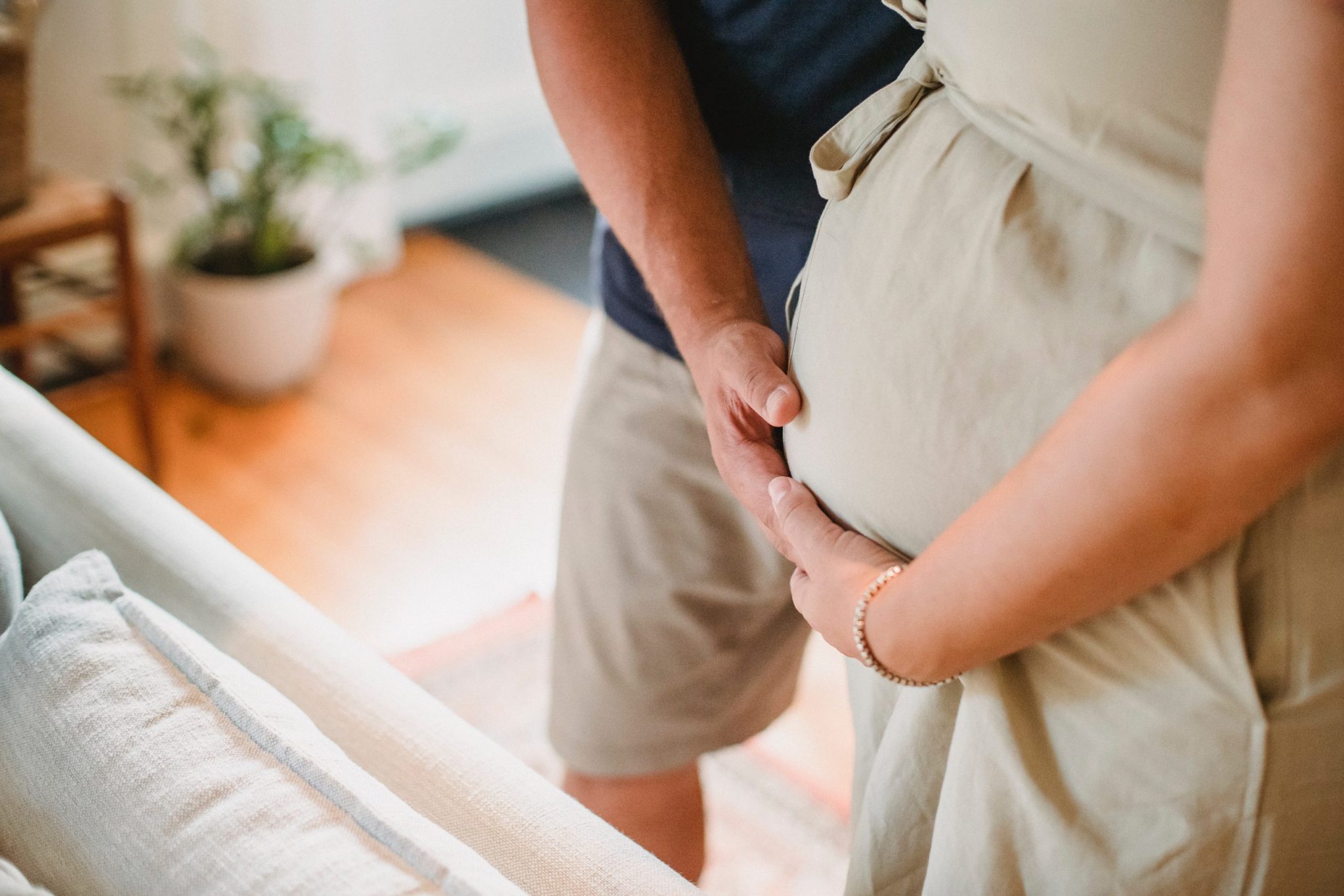 Postnatal care – Your GPs role after birth
Postnatal care – Your GPs role after birth If you are ready to discuss how one of the Independent GPs consulting at HealthMint can help when planning for a baby – Please
If you are ready to discuss how one of the Independent GPs consulting at HealthMint can help when planning for a baby – Please 

 2. Exercise assists in weight loss and helps prevent unhealthy weight gain
2. Exercise assists in weight loss and helps prevent unhealthy weight gain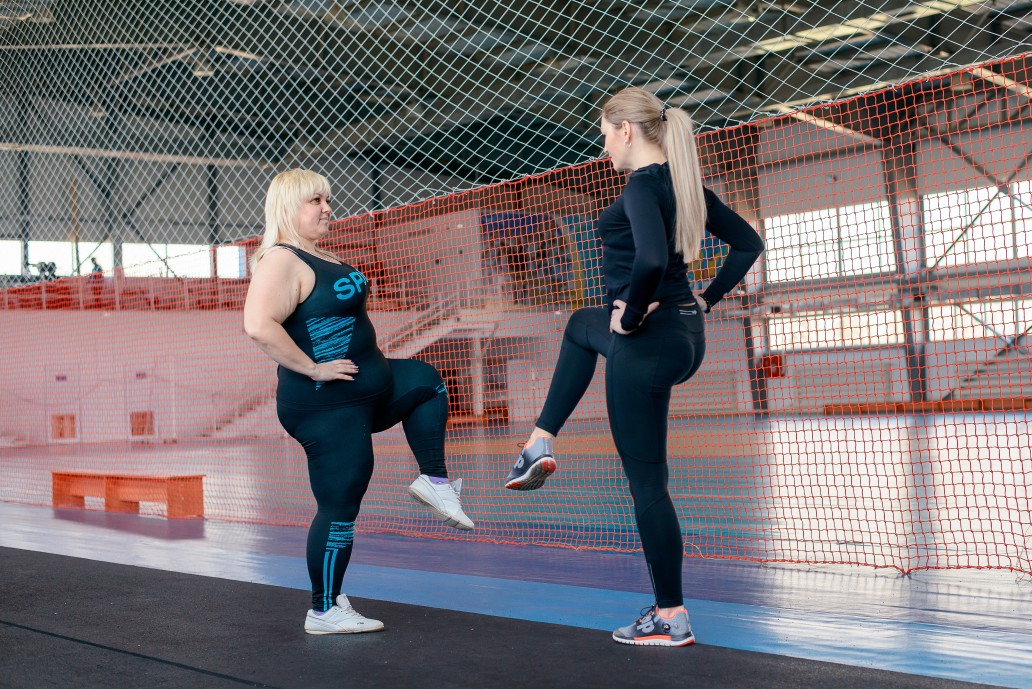 3. Exercise reduces the risk of and helps to manage cardiovascular disease, reduce risk of heart attack, lower blood cholesterol, lower blood pressure
3. Exercise reduces the risk of and helps to manage cardiovascular disease, reduce risk of heart attack, lower blood cholesterol, lower blood pressure 4. Social interaction and exercise go hand-in-hand
4. Social interaction and exercise go hand-in-hand 5. Build strong muscles and bones
5. Build strong muscles and bones
 8. Lower the risk of falls with exercise
8. Lower the risk of falls with exercise
 Stacey was seen by Dr Paul Tescher who did a full skin check – checking every mole on her body. “He was concerned about a small mole, only 3mm in diameter that I thought looked just like a freckle”. A couple of days later the conspicuous mole was removed and sent off for testing.
Stacey was seen by Dr Paul Tescher who did a full skin check – checking every mole on her body. “He was concerned about a small mole, only 3mm in diameter that I thought looked just like a freckle”. A couple of days later the conspicuous mole was removed and sent off for testing. 


